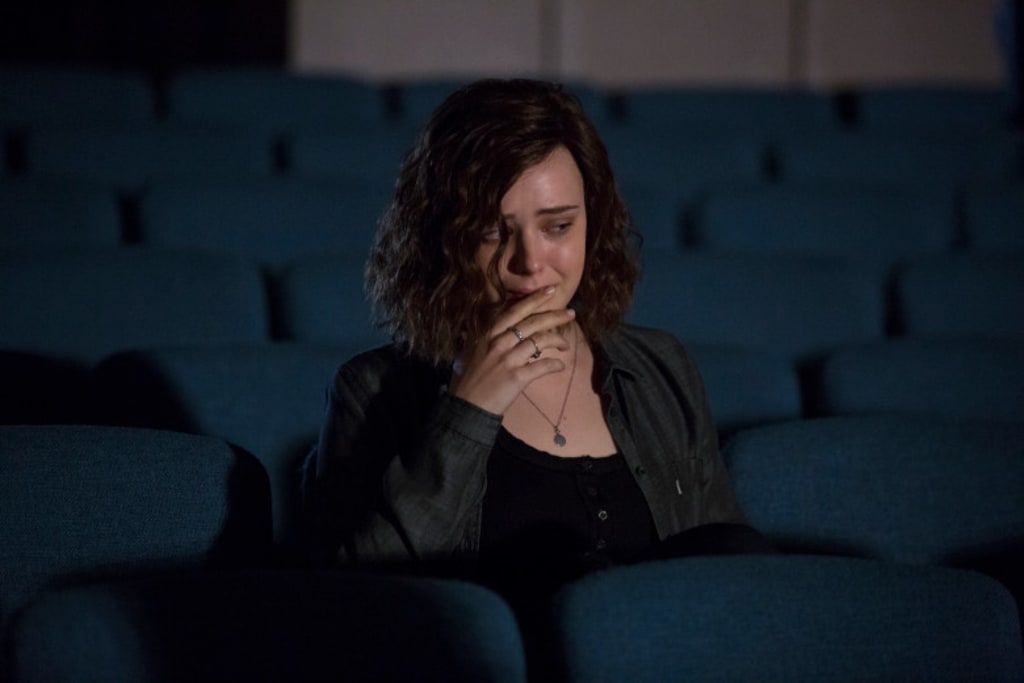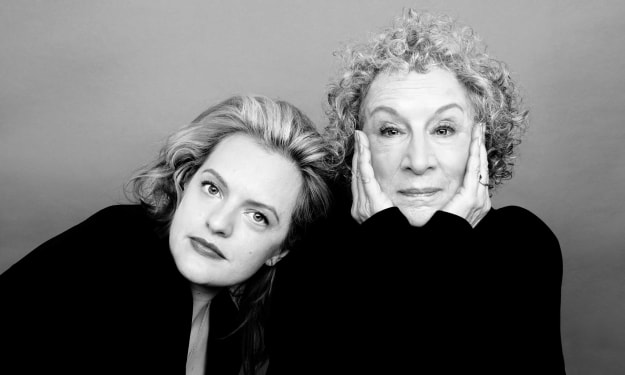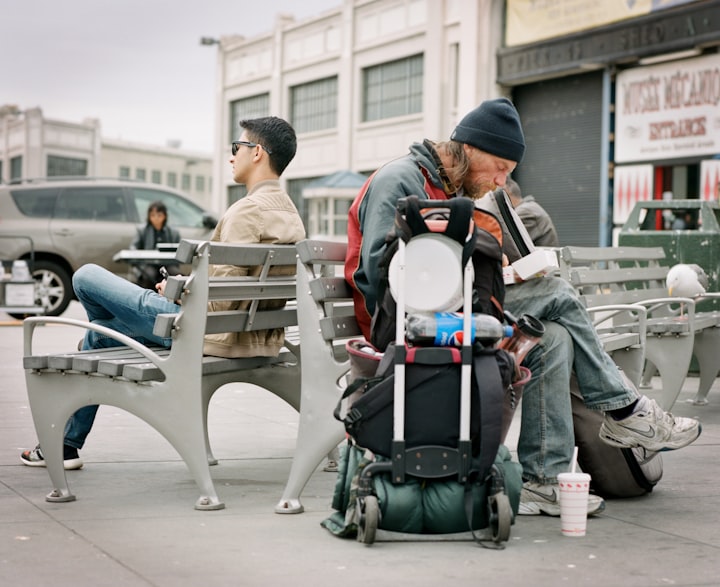Where '13 Reasons Why' Goes Wrong
WARNING: In this piece, I am going to discuss sensitive topics such as mental illness and violence that can be triggering to read about. If you are triggered by these topics, please do not read this. If you are not, read with care.

Background Information
13 Reasons Why has been widely-discussed ever since its debut season released on Netflix back in Spring 2017. The series adapts Jay Asher's best-selling novel of the same name, following the tale of an adolescent girl named Hannah Baker (Katherine Langford) who commits suicide due to depression. Everyone at her high school is disquieted by her sudden death, especially Clay Jensen (Dylan Minnette), whom Hannah was close friends with. Everything takes an abrupt turn when Clay sees a box of cassette tapes sitting on his porch, sent to him from Hannah. When he listens to them, he realizes that they are voice messages that Hannah had recorded before ending her own life. She explains that each tape consists of her describing the 13 total reasons as to why she decided to commit suicide, even saying that Clay was one of them.
Throughout the whole first season, Clay is gradually making his way through each tape and confronting the people that Hannah mentions in them. He is evidently harrowed by the loss of his friend, and wants to bring her justice for what she went through.
Just knowing that the story fixates upon issues such as depression, self-harm, suicide, sexual assault, etc., you can safely assume that it has a history of tension among its viewers. Any film or television program that delves into psychological territories are taking a huge risk; most, if not all, disorders are easily misrepresented, depression being one of them.
Controversies
The controversy that season one had stirred up almost always traces back to Hannah Baker's portrayal of depression.
The series faced major backlash for supposedly glorifying depression and suicide, even encompassing negative reception from real psychologists. According to Carrie Wittmer's article on Business Insider titled "Why People are Saying the Netflix Hit 13 Reasons Why Glorifies Suicide and Is Dangerous," "The National Association of School Psychologists has advised teenagers who have or have ever had suicidal thoughts to avoid 13 Reasons Why."
But how does it glorify depression and suicide?
The most frequently-used reason among incensed viewers is how Hannah's suicide was depicted to be almost too nonchalant; they make it seem as though suicide is a reliable option against bullying. Also, how Hannah uses her suicidal tendencies as a form of retaliation against those who wronged her.
Digging a little deeper, people have zeroed in on how graphic her suicide scene is. Not a single trigger warning is shown beforehand and the scene transpires so abruptly that it is enough to take anyone aback.
In the source material, Hannah commits suicide by overdosing on pills. In the series adaptation, they change her death from an overdose to slitting her wrists. They endured backlash for the graphic and triggering images that were shown, meanwhile viewers wondered why they had changed her suicide to be even more horrific than it already was. Executive producer and writer Brian Yorkey eventually responded to their inquiries, stating, "We worked very hard not to be gratuitous, but we did want it to be painful to watch because we wanted to be very clear that there is nothing, in any way, worthwhile about suicide." Kyle Patrick Alvarez, who directed the episode with Hannah's suicide scene, responded as well, "If you don't show the horror of it, then you're inviting people to conjecture that maybe the act itself isn't so bad."
The mention of graphic content calls the series' sophomore season to mind, which released on Netflix in Spring 2018. Quite frankly, the backlash they had underwent for season one does not seem as bad compared to what they received for season two. Being such a versatile teen drama, it expanded onto more touchy subjects, such as school shootings and sexual assault. The latter is what sent most viewers over the edge. People speculated that the scene toward the end of the season––in which Tyler (Devin Druid) is sodomized with a broken mop stick in the boys' bathroom by Bryce's (Justin Prentice) friends––was not included to spread awareness for sexual assault, but to cause shock value.
Yorkey came to the series' defense once again, stating, "But the fact is that, as intense as that scene is, and as strong as are or reactions to it may be, it doesn't even come close to the pain experienced by the people who actually go through these things." He added, "When we talk about something being 'disgusting' or hard to watch, often that means we are attaching shame to the experience. We would rather not be confronted with it. We would rather it stay out of our consciousness. This is why these kinds of assaults are underreported."
My Response
I watched the first season of 13 Reasons Why around the time it came out, but I will admit that I have not bothered with the second season at all, so I am going to pick apart the first season mostly.
First, I want to regard the "glorification" of suicide as portrayed by Hannah Baker. Yes, I do have a problem with how they failed to encapsulate her condition. Hannah definitely suffered from depression, but the way she used her suicidal tendencies as an act of retaliation against people she disliked was so tasteless. The series made her character out to be an unlikable and vengeful person, and that made it difficult to sympathize with her (for me, at least).
In Yorkey and Alvarez's defense, their hearts were in the right place. I understand and acknowledge the point they were trying to get across, but it was poorly executed. No matter how these situations are presented, it is triggering nonetheless, and it could possibly make someone snap. One of the biggest suicide risk factors is witnessing suicidal behavior. They adapted a story supposedly to spread awareness for depression, yet they were oblivious of how damaging the exposure to suicidal behavior can be for someone who is suicidal.
As for Yorkey's defense about the sodomy scene, I see where he is coming from, but my point stands on how triggering it can be to watch. It is important to educate people on these atrocities, of course––but again, you can do that without conveying it to the extent of triggering people, especially those who are victims of sexual assault.
Conclusively, I agree with the backlash toward 13 Reasons Why, or at least most of it. It is not a good program to watch if you are suffering or have suffered with depression and/or suicidal tendencies.
I do not know what the upcoming third season will have to offer, but whatever it may be, I hope it spreads awareness rather than getting drastic responses from its audience.
About the Creator
Anna Cheney
Putting my thoughts & feelings into words.






Comments
There are no comments for this story
Be the first to respond and start the conversation.